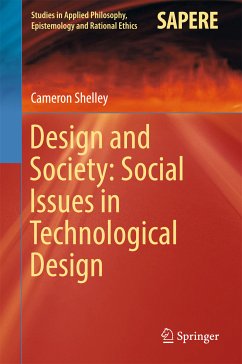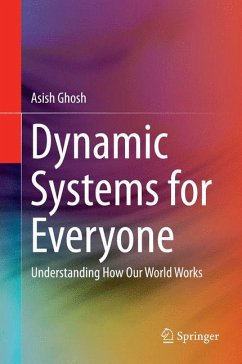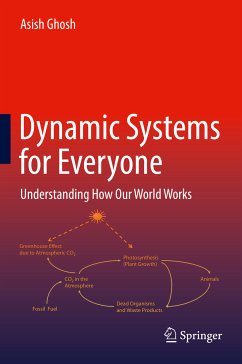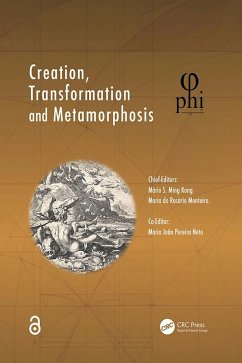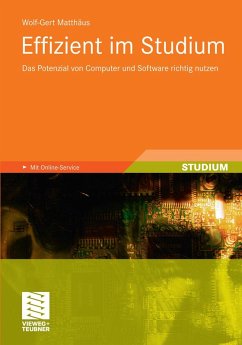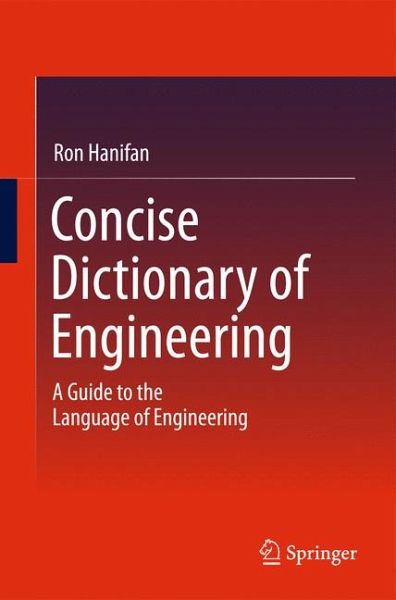
Concise Dictionary of Engineering (eBook, PDF)
A Guide to the Language of Engineering
Versandkostenfrei!
Sofort per Download lieferbar
72,95 €
inkl. MwSt.
Weitere Ausgaben:

PAYBACK Punkte
36 °P sammeln!
This essential reference defines the principle and most commonly used terms found in engineering documents and drawings across multiple disciplines and explains them in plain, unambiguous English. Concise Dictionary of Engineering: A Guide to the Language of Engineering also distinguishes how some terms take on different meanings in different engineering contexts-critical knowledge when working on collaborative projects with diverse elements and colleagues. Based on an edition developed for researchers and technicians at Lockheed Martin, each entry in this volume is written in clear, everyday ...
This essential reference defines the principle and most commonly used terms found in engineering documents and drawings across multiple disciplines and explains them in plain, unambiguous English. Concise Dictionary of Engineering: A Guide to the Language of Engineering also distinguishes how some terms take on different meanings in different engineering contexts-critical knowledge when working on collaborative projects with diverse elements and colleagues. Based on an edition developed for researchers and technicians at Lockheed Martin, each entry in this volume is written in clear, everyday English without confusing jargon and "techno-speak." The book is ideal for students, professional engineers, industrial personnel, managers and anyone else who requires a solid understanding of the language of engineers.
Dieser Download kann aus rechtlichen Gründen nur mit Rechnungsadresse in A, B, BG, CY, CZ, D, DK, EW, E, FIN, F, GR, HR, H, IRL, I, LT, L, LR, M, NL, PL, P, R, S, SLO, SK ausgeliefert werden.





